Affiliate links on Android Authority may earn us a commission. Learn more.
Android 14: Everything we know so far
Published onJanuary 24, 2023
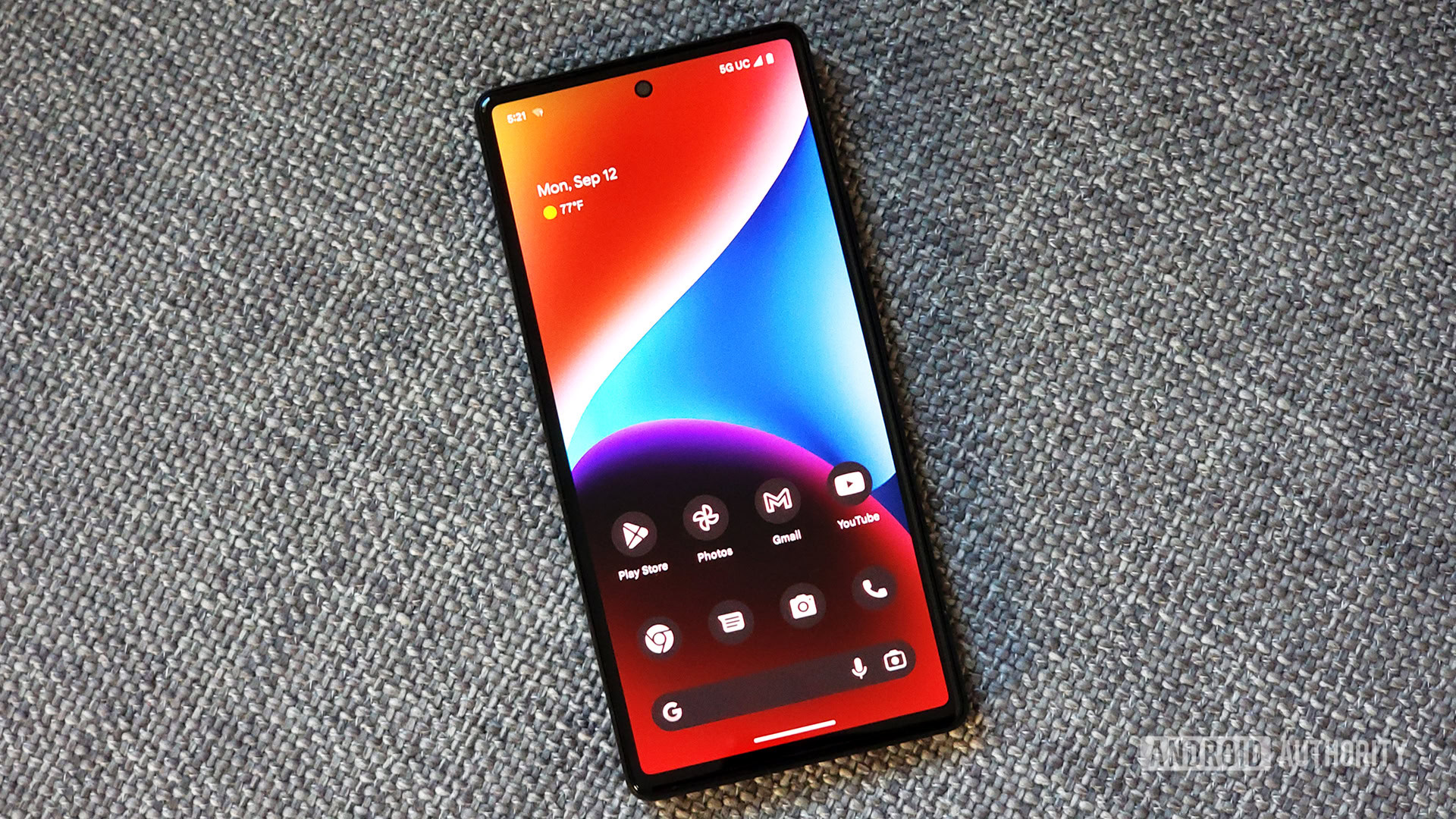
Google’s Android operating system is the engine of most of the smartphone industry, which is why it matters when a major new version is released. Android 13 is the most recently released version of Android, but Android 14 is set to be released later this year.
So what should we expect in terms of features? What about a list of supported devices? Here’s everything we know about Android 14 right now.
When is Android 14 coming out?
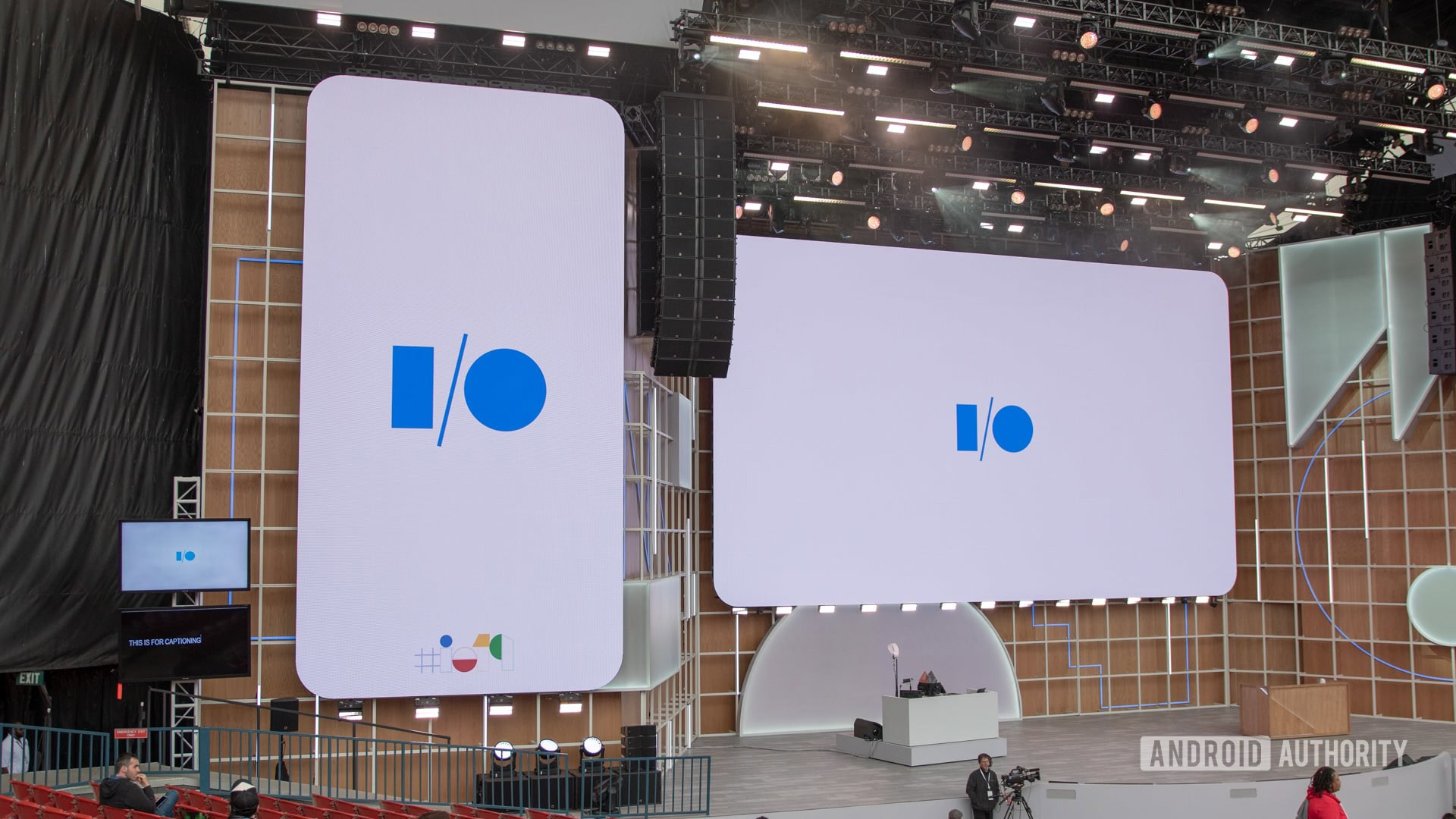
There’s no firm date, but based on history, we’re expecting a late summer 2023 rollout. That should be preceded by an initial developer beta released by the end of March, and in between, a full unveiling at Google’s annual I/O conference. The last two I/Os took place in May.
For reference, Android 13 was released on August 15, 2022, while Android 12 started rolling out to devices on October 19, 2021.
Note, however, that as is usual with Android, not every phone and tablet will get the update simultaneously. The first devices to get it will be Google’s own Pixel phones — more on this shortly. Depending on your device, you may have to wait a few months after the official Android 14 release to get the update. Check out the Android 12 rollout timeline at the link above to see which manufacturers were the first to release it.
What will Android 14 be called?
The end product will probably be known only as “Android 14,” but internally Google is using the codename “Upside Down Cake,” following its standard dessert theme. Android 13 was labeled “Tiramisu” and Android 12 was called “Snow Cone.”
As many of you will remember, Google used to name every Android version after a dessert, but it stopped doing that in 2019 when it released Android 10. Just to give you a taste, previous versions of the software were called Android 9 Pie, Android 8 Oreo, and Android 7 Nougat.
What we expect to see in Android 14
At this point, the most we have to go on is rumors, leaks, and teases, since the OS hasn’t reached developers just yet and Google hasn’t disclosed much in the way of info. But we still have some idea of what to expect when stable Android 14 rolls out.
Satellite functionality
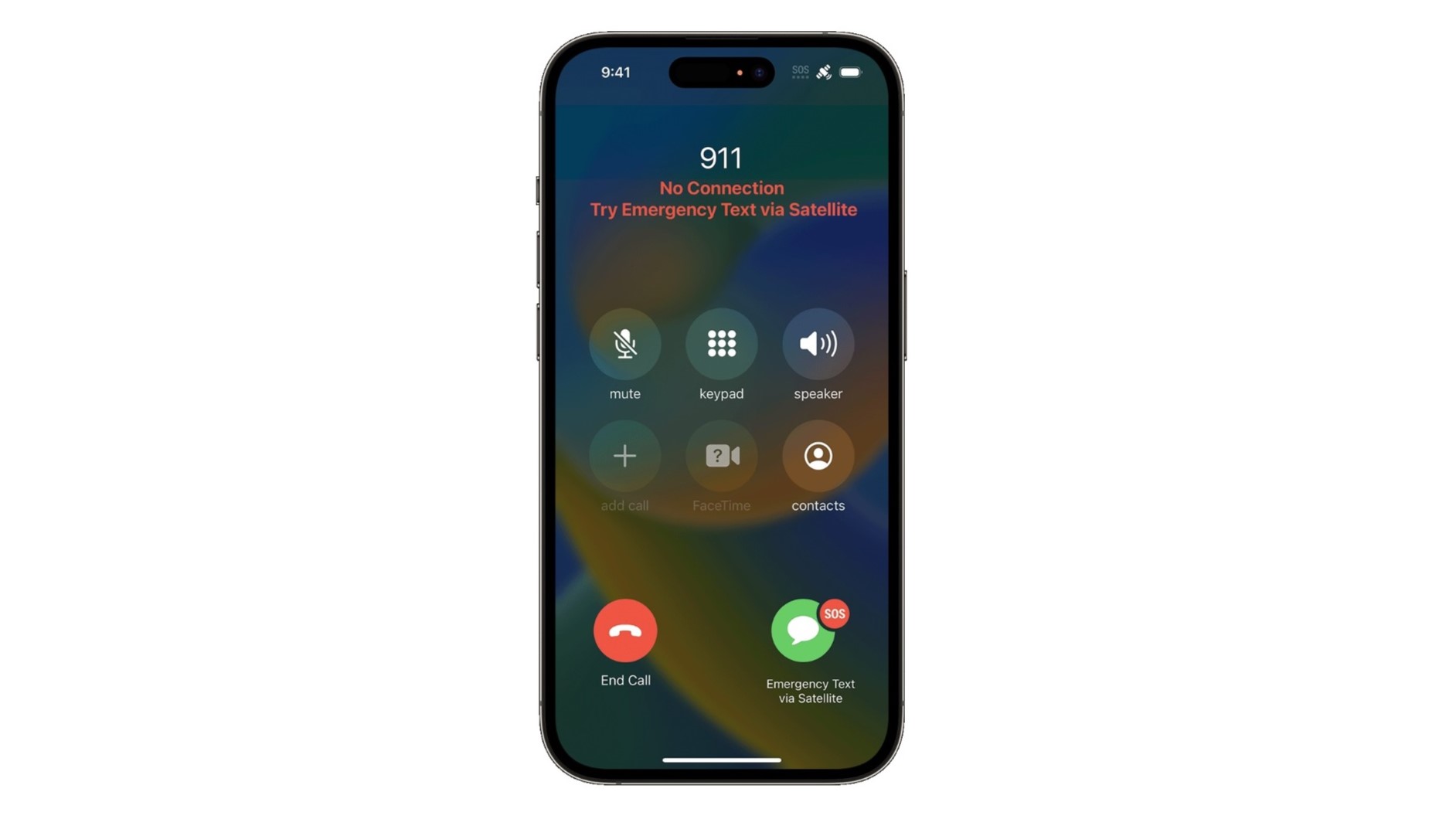
One thing we can say with confidence is support for satellites, mimicking an option in Apple’s iPhone 14 lineup. Google’s Senior VP of Android, Hiroshi Lockheimer, indicated this with a tweet in September 2022.
If Google is truly following Apple’s lead, satellite functionality won’t be a replacement for regular phone service, but a lifesaving measure when people are outside of cellular or Wi-Fi range. The iPhone version of the feature (Emergency SOS via satellite) helps people aim at a passing satellite, then send a text message to emergency services and/or personal emergency contacts. Delivery can take anywhere between 15 seconds to a minute or more.
Google will presumably add satellite functions to future Pixel phones, but it’s not clear how many other companies might follow suit. Likewise, we don’t know if satellite tech will be free or require a subscription. Apple has only promised two years of free Emergency SOS with new iPhone 14/14 Pro activations.
It’s also worth noting that chipmaker Qualcomm announced Snapdragon Satellite functionality for emergency alerts and two-way messaging on Android phones. Nevertheless, we’re guessing that official Android support might make things easier for third-party providers too.
Updating root certificates
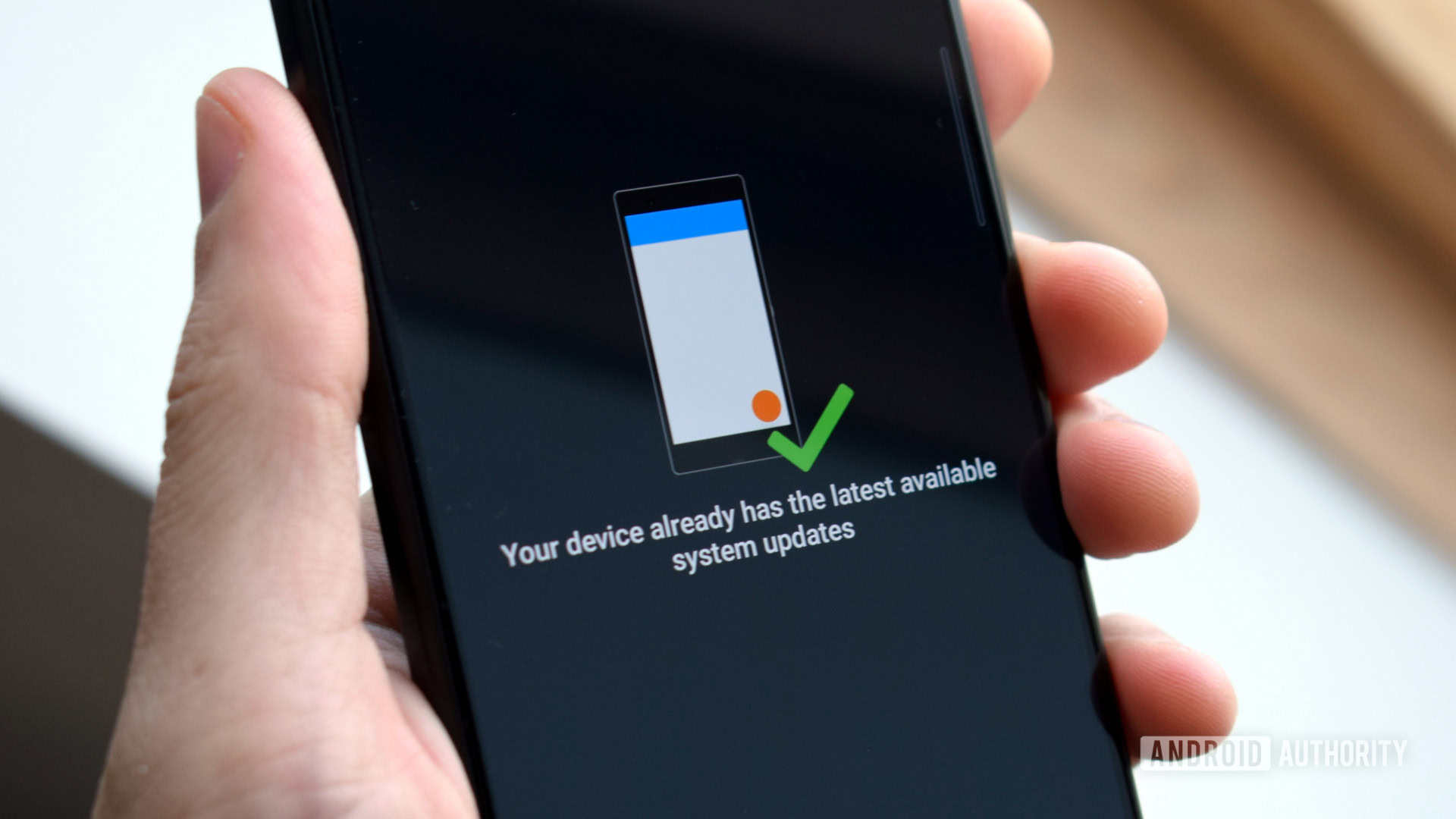
It’s not sexy, but Google is aiming to make your device’s root store party of the Conscrypt Mainline module. The takeaway is that that module can be updated via Google Play System Updates, meaning that if a root certificate becomes untrustworthy, it should be possible to revoke that certificate and/or add a new one much faster than before.
We don’t know when Google is planning to do this. But it’s a part of the company’s plans, and Android 14 is one possible launch vehicle.
Health Connect built-in
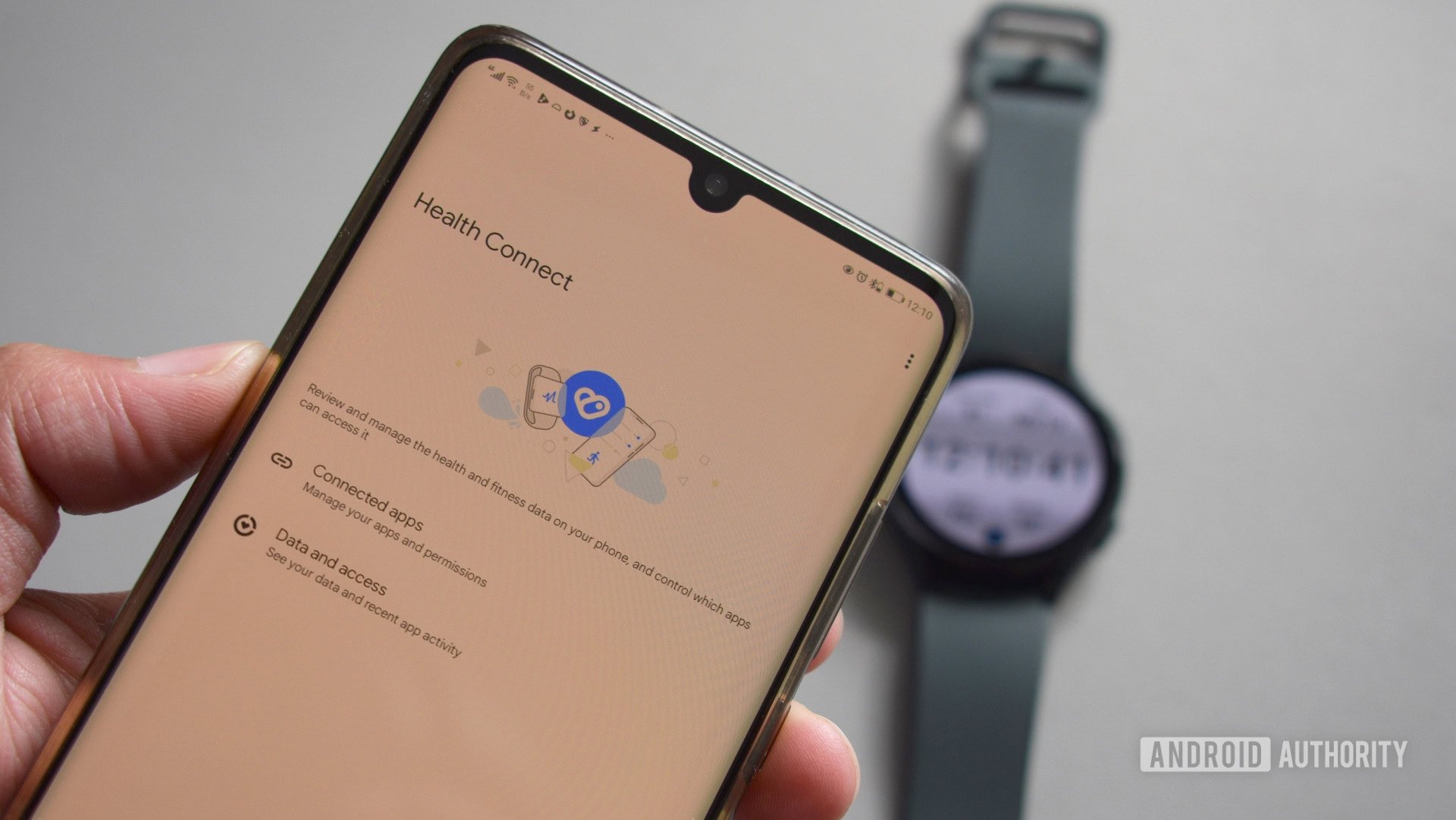
You may not be familiar with Health Connect, but it operates as an intermediary between various health and fitness apps wanting to share and access data, much like Apple’s HealthKit. It’s already supported by third-party platforms like Peloton, Tonal, Samsung Health, and MyFitnessPal, not to mention Google’s own Fitbit and Google Fit.
At the moment, Health Connect is an optional beta app available on the Google Play Store. Google’s long-term goal is integration into Android, so it’s really a question of whether that will happen with Android 14 or something later.
Predictive back gesture
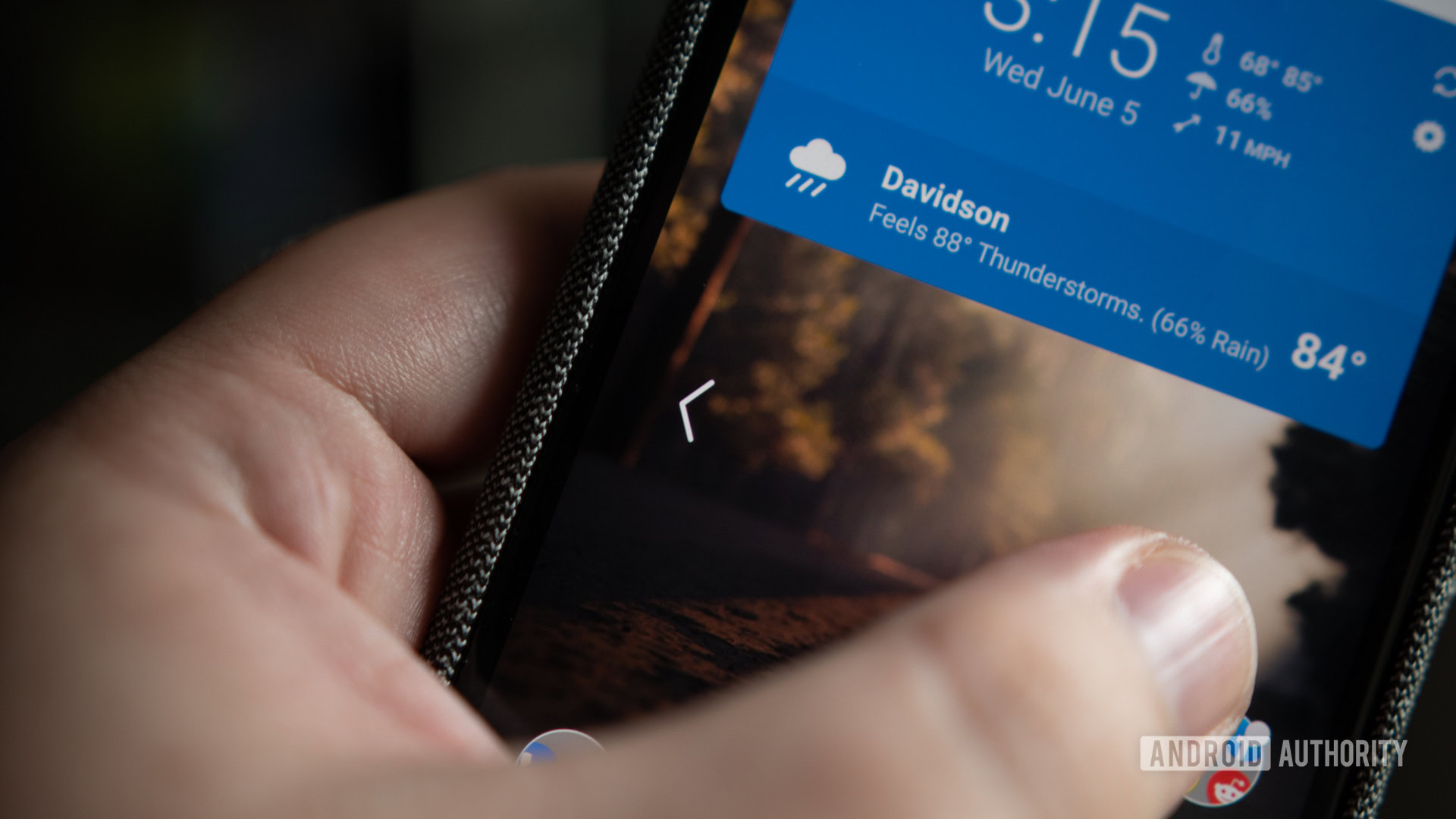
Android has had a back button since the start, but this behavior can be a little inconsistent. So you might go back to the previous screen or you might return to the home screen altogether.
Google offered a predictive back gesture feature in Android 13, giving you a visual preview of what the back gesture will actually do. Unfortunately, many apps don’t support this functionality. Fortunately, Esper editor Mishaal Rahman revealed that Android 14 will enable this option by default for apps too. So you should get reliable previews of where the back gesture will take you in Android 14.
Will my phone get Android 14?
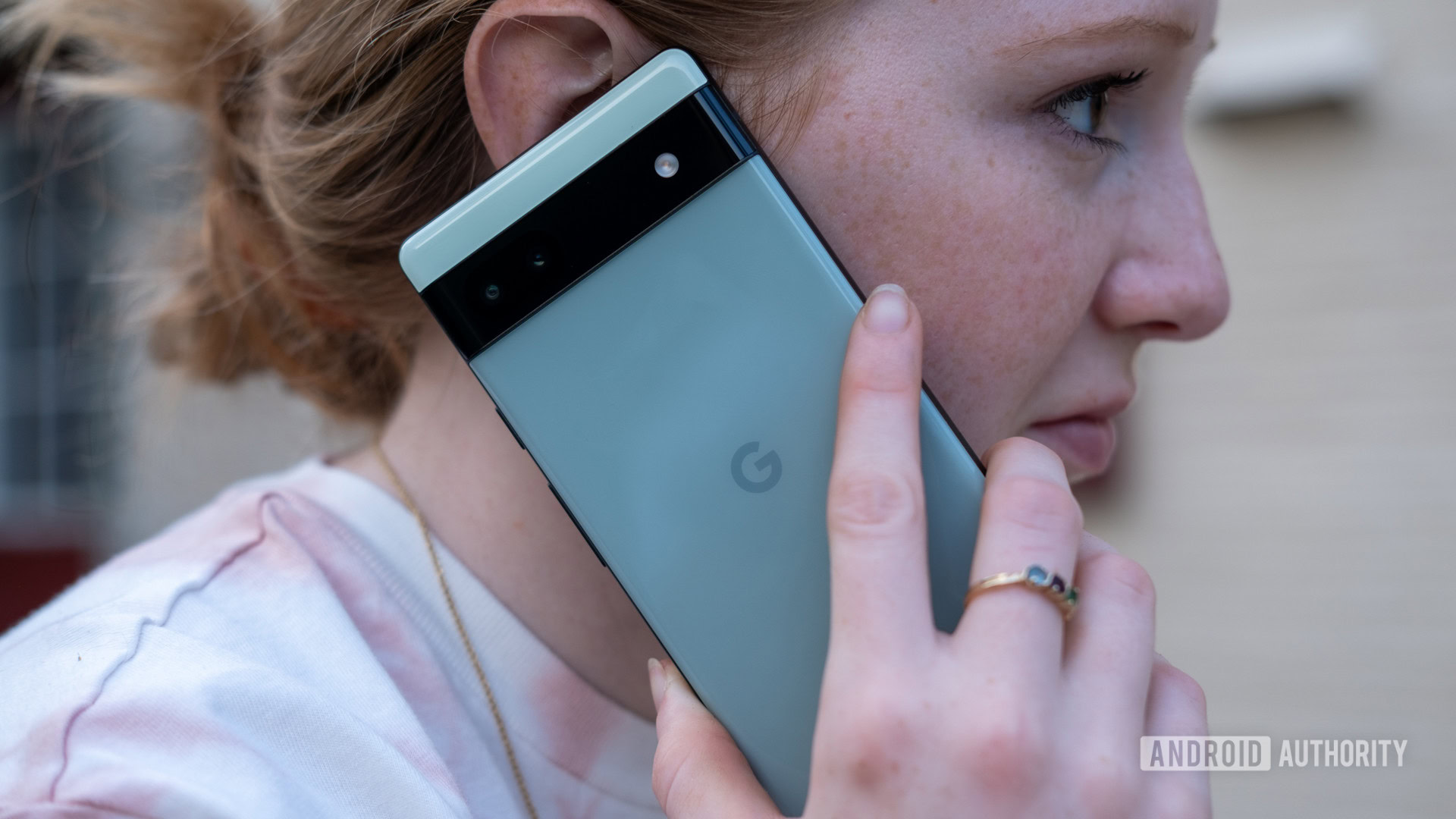
If you have a Pixel phone that was released in the last few years, it’s virtually guaranteed. Google isn’t about to abandon its recent first-party phones since it promises three years of OS updates. The upcoming Android 14 update is presumably being developed with the future Pixel 8 in mind.
Beyond that, it’s harder to say. Traditionally Android updates have made their way to the flagships of major brands such as ASUS, Samsung, Sony, Motorola, Xiaomi, and OnePlus. We’d expect Nothing to join them. Brands like Samsung, Nothing, and OnePlus offer at least three major OS updates for their recent high-end phones, with Samsung offering four years for some of its models. So if you’ve got a 2021 or 2022 flagship device from one of these brands, then you should get Android 14.
Timing is another matter though. It’s not uncommon for manufacturers to bring Android 14 to their phones months after Pixel owners gain access. This is due to these brands having limited resources, reduced priority for updates, and/or facing technical challenges.
Where things get particularly dicey is with lesser-known brands, older devices, and budget models. Companies may not consider an upgrade worth the time and resources, if it’s even technically feasible. Android 13 for example, won’t run on Pixel phones earlier than the Pixel 4, never mind older third-party products.
FAQs
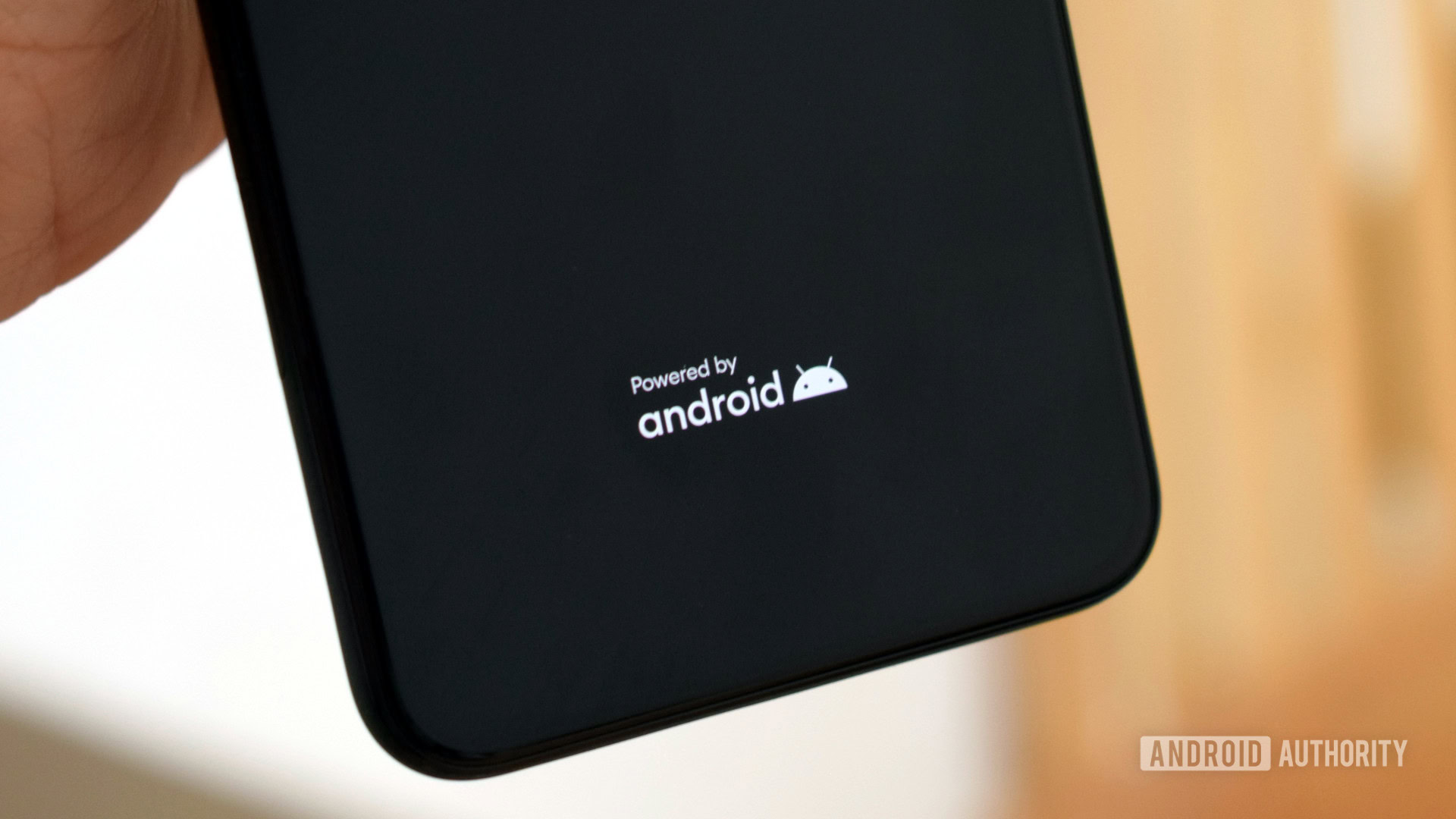
It’s tough to say. But if you got a recent Samsung or Google device, then chances are good that you’ll get the update.
It seems like the Android 14 beta program could kick off in April 2023, judging by Google’s own FAQ.
Pixel phone owners can submit feedback by tapping Settings > Tips and Support > Send feedback. Otherwise, some brands like Xiaomi and vivo have dedicated apps for feedback and requests.